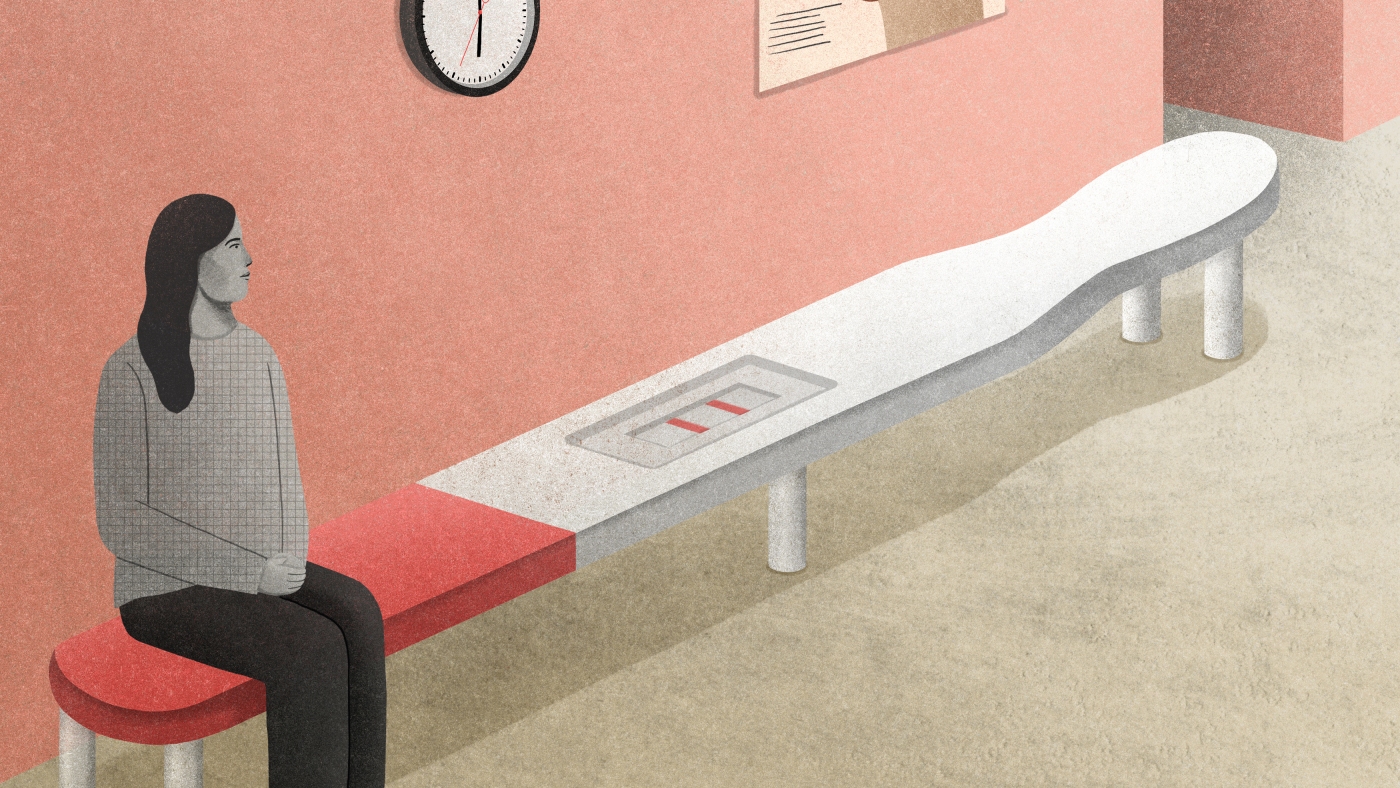
"First of all, congratulations! And don't worry. It's normal to want to see a doctor right away when you see those two side-by-side lines on a positive pregnancy test. But it's also pretty typical to have trouble getting an appointment to confirm you're pregnant. A physician friend of mine also recently went through this. Even with insider connections at her hospital, she couldn't see a doctor for another month."
"My friend was lucky she could access this workaround. But I've always wondered why early pregnancy care isn't available to those of us who don't have an OB/GYN on speed dial. Many prenatal providers won't schedule patients until eight or nine weeks of pregnancy at the earliest. Waiting a month to see a doctor isn't necessarily a bad thing, since most pregnancies will go on to be healthy."
Many prenatal providers schedule first visits only around eight to nine weeks of pregnancy, leaving people who test positive earlier waiting several weeks. High-sensitivity home pregnancy tests commonly detect pregnancy around four weeks, which can make the wait feel long. Waiting until nine weeks is often medically acceptable because most pregnancies progress normally, but access to earlier confirmation or ultrasound can reduce anxiety. Approximately 15% of people in a 2016 study reported delays in getting an initial prenatal appointment. Some patients gain earlier care through personal connections or office accommodations. Early pregnancy is a vulnerable period requiring attentive care when available.
Read at www.npr.org
Unable to calculate read time
Collection
[
|
...
]